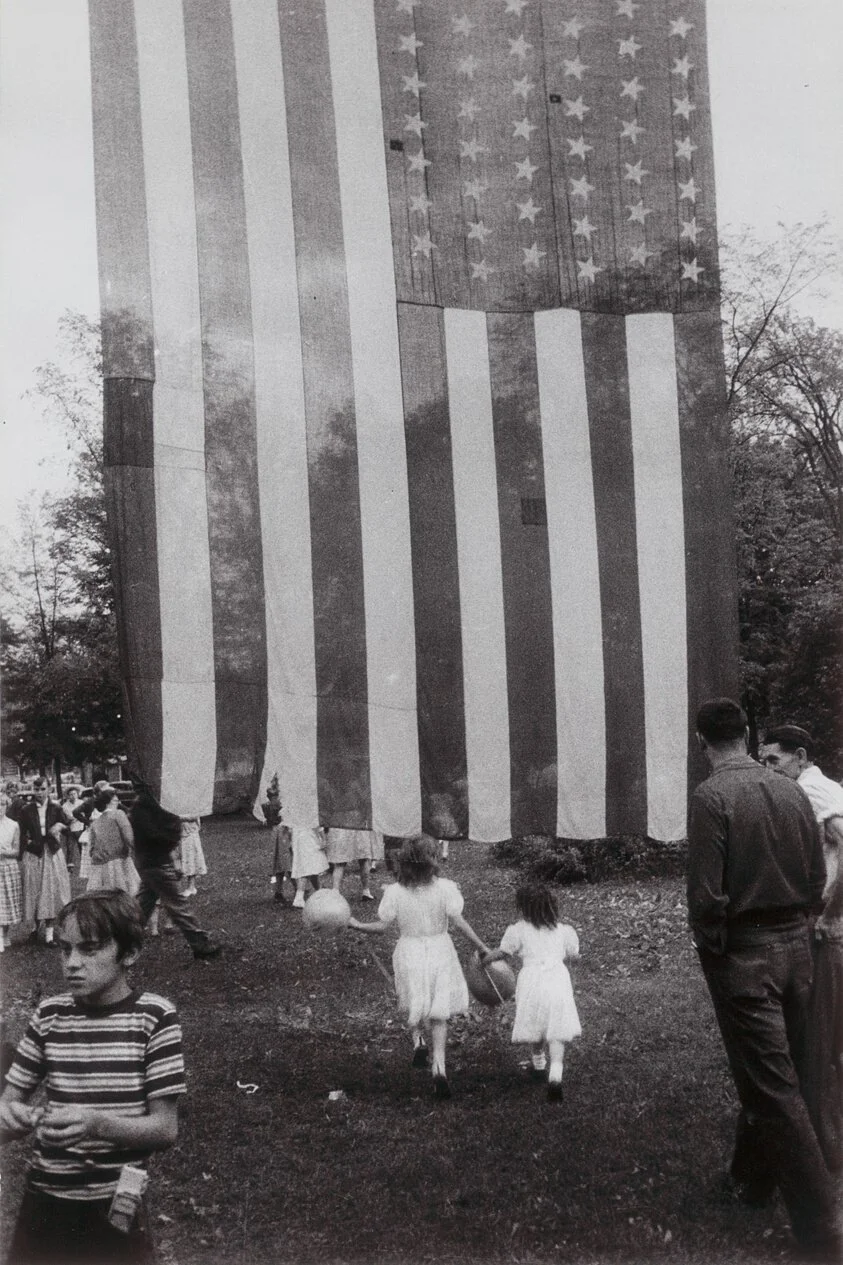All my teeth are being pulled out by tiny silk strings. The pain is perfect. Like an orchestra of only violins in complete and beautiful discord. Or the desperate gasps of life being choked out of a thousand cats. The strings are whiter than my teeth but they are black. Like the eye of a blind panther, raw and rich and endless in the white hot sun. There is no blood. I want there to be. It would be more alive. I want to scream in agony but my voice is far away. I follow the line of the strings to see they are held miles away in the most delicate pink hands. Hands so soft and innocent, they look like they lack bones entirely. Just perfect and soft and innocent. I know these hands. I made these hands. Yet I cannot place them. I look up to identify them and the sun obscures my vision. An eclipse, total and complete. There is a jolt. I ride the pain back to myself. A familiar thought strikes me in the gut. I know something I already knew but I cannot place it. Something that is mine is slow and distant and foreign. Lightning strikes the strings but there is no storm. It’s quiet. Obscured images of the foreign familiar thing race past me and I cannot catch them. With a deep breath, I try again to scream and the lightning finally reaches my incisors. And there I am. Hot and awake. In my bed or the chair in the sun room or the chair in his room where I once rocked him back to sleep, to soothe him, to assure him the world is good and that I would always keep him safe, the shape of my trembling left behind. My constant craving for sleep is cruel. Because it happens every time. I go there to find him and I fail.
Georgetown, South Carolina
It happened again this morning, as it does. It wasn’t still dark but the sun hadn’t come up yet. I know how to ride it out now. I need it. I took off my socks to feel the cold and the grain of the wood. As I walked through the house, the air and the quiet felt hard and full. I ran the sink water, the hottest it gets. The steam rose in from of the window, the sink filling with the filth of the dishes. I stared through the steam and plunged my hands into the heat. The assault was validating. This was reality. I watched out the window and a ribbon caught on a bare tree branch. It wasn’t perfect. It fought the wind. It fought the tree. I felt the wrinkles in my fingers from the dirty dishwater. I felt the grain of the cold wood with my toes.
The sun bounced off the window and I closed my eyes in it. The phone rang and shattered the light, the silence, the full cold.
“Hello, Mrs. Young.”
“Yes.”
“Good morning. How are you?"
I had nothing to say.
“I’m calling from Dr. Ross’ office.”
“Yes.”
I listened.
And then I knew I had to be new again for you.
I have to find him so I can let him go and be better for you.









